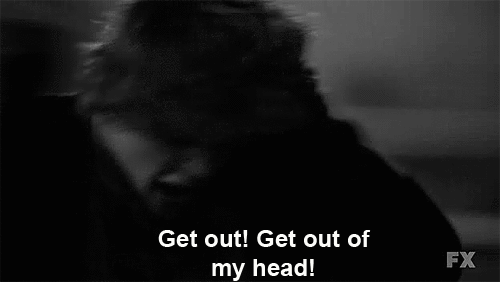About 90 million of the country’s population suffers from mental health issues as per the report of WHO. Mental health affects the daily life, relationships and physical health of people and hinders their ability to enjoy life.
Mental health refers to the behavioural and emotional wellbeing of a person. It is used to describe the situation of no mental problems. In all it is about how one feels, thinks and behaves. Conditions such as stress, depression and anxiety can all affect mental health and disturb the routine of a person.
Mental health disorder is a phenomenon that can develop in a person of any age, sex or income. There is no control of mortals on this phenomenon. Generally, people with mental issues suffer from more than one condition at a time.
The factors which contribute to mental health disruptions include:
- Continuous social and economic pressure like occupation, social involvement of a person,
- Education and housing quality.
- Life-changing physical health problems like cancer, diabetes, chronic pain can also lead to mental health problems.
- A genetic family history that links to mental disorder of depression. But it does not guarantee its development in a person.

Commonly identified Mental health disorders:
1. Anxiety problems
Anxiety disorders include generalized anxiety disorders. Its symptoms are fatigue, tense muscles, and interruptions in sleep, restlessness and excessive worry. People with anxiety disorders feel it even without any triggers.

It also includes panic disorders which have symptoms like regular panic attacks, sudden terror or a sense of imminent disaster and death. Anxiety disorders also include phobias, Obsessive-compulsive disorder(OCD) post-traumatic stress disorder (PTSD).
2. Mood disorders
Mood disorders include major depression, bipolar depression and seasonal affective depression. People with mood disorders feel extreme sadness and they don’t enjoy activities that they previously had fun doing. They have unusual changes in their moods and they find it difficult to carry on with everyday life.
3. Schizophrenia disorders.

Schizophrenia disorders mostly develop in people of ages between 16 and 30 years. People with this disorder find it difficult to process information and have symptoms such as hallucinations, withdrawal, lack of motivation and flat mood.
Symptoms to look out for
It is important to identify if someone is going through a mental issue. There is no physical scan or test that indicates whether a person has developed a mental illness. One can identify possible mental illness in a person by looking for the following symptoms:
- Withdrawal from closed ones
- Avoiding their favourite activities
- Inappropriate sleep cycle
- Inappropriate appetite
- Easily lose hope
- Low energy consistently
- Confusion
- Showing negative emotions
- Frequent use of substances like alcohol, nicotine
- Not able to complete routine tasks
- Hearing voices
- Cause physical harm to themselves and others
- Have delusions
‘’What mental health needs is more sunlight, more candor, and more unashamed conversation.’’

There are many people around us who are suffering from mental health problems but are either not aware of it or deny it due to no proper attention. There needs to be proper awareness in people to be able to talk about it and they should not be criticized or shamed for opening up about their problems.
Addressing the problems
There are various ways of helping people with mental health problems. It is subjective in nature, different things work for different people. It does not treat mental health problems, but rather reduces stress and addresses its causes and make the person’s condition manageable. They include:
1. Medications
The four main categories of medications used to treat mental health disorders are antidepressants, anti-anxiety medications, antipsychotic medications, and mood-stabilizing medications. The type of medication which is best for a person depends on symptoms and issues faced by the person.
2. Psychotherapy
One gets to talk about his problems, ideas, thoughts and experiences to therapists and they in return act as a listener and gives you techniques to manage symptoms.
3. Hospital treatments
There are programs in which a person can stay in hospital and get treatment or there are also morning treatments for brief periods.
3. Self-help and home remedies
Take out time for yourself and your hobbies, treat yourself with respect, avoid self-criticism and keep yourself physically fit. Do daily crossword puzzles, plant a garden, take dance lessons, learn to play an instrument or become fluent in another language. Break the monotony in your daily life and avoid using alcohol and drugs.
Get help whenever you need it. Seeking help in problems is a sign of strength and not weakness. 10th October is celebrated as World Mental Health day. It is done to increase awareness about it and make an effort for people who actually need help. Instead of making people look stupid for the problems that they themselves are not aware of, we must identify their issues and help them.






